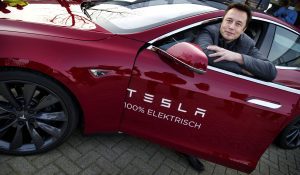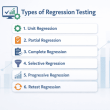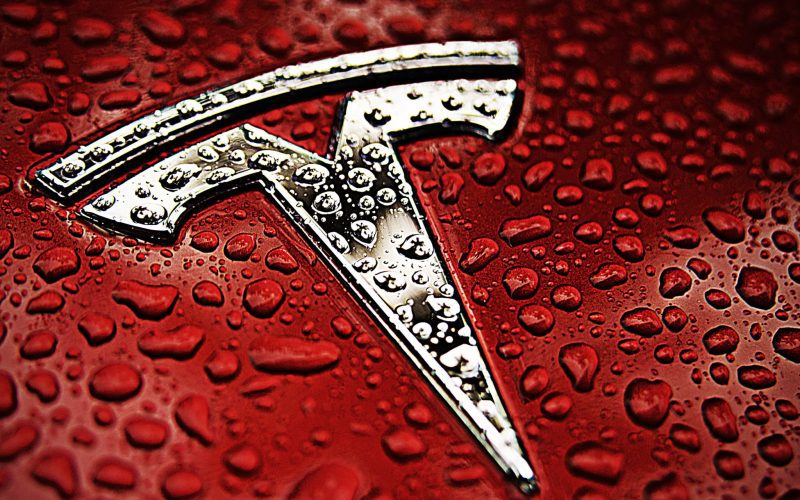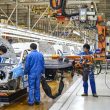Tesla, the innovative electric vehicle (EV) manufacturer, has been making headlines not only for its cutting-edge technology but also for its visionary CEO Elon Musk. Recently, Tesla investors voted in favor of Musk’s $56 billion pay package, a move that has sparked both admiration and criticism. Furthermore, Tesla’s decision to move its headquarters from California to Texas has raised questions about the implications for the company and its stakeholders.
Tesla’s $56 Billion Pay Deal

Tesla’s shareholders recently approved a generous pay package for Elon Musk, worth a staggering $56 billion. This package, one of the largest in corporate history, is tied to ambitious growth targets for the company. Musk’s compensation is primarily in the form of stock options, which will vest as Tesla achieves various market capitalization and operational milestones.
Analysis Table:
| Aspect | Analysis |
|---|---|
| Shareholder Approval | Despite the massive size of the package, Tesla shareholders have approved it, indicating confidence in Musk’s leadership and the company’s future prospects. |
| Alignment of Interests | The pay package aligns Musk’s interests with those of shareholders, as his wealth is tied to Tesla’s performance. This may motivate him to drive the company towards sustained growth. |
| Controversy | Critics argue that the package is excessive and raises concerns about income inequality and executive compensation practices. However, supporters argue that Musk’s visionary leadership justifies the compensation. |
Tesla’s Move to Texas: In addition to the pay deal, Tesla made headlines by announcing its decision to relocate its headquarters from California to Texas. This move has significant implications for Tesla, its employees, and the communities involved. Texas offers several advantages, including a business-friendly environment, lower taxes, and access to a growing pool of talent.
Impact on California and Texas:
Tesla’s departure from California to Texas represents a notable loss for the former, known Investors for its innovative tech ecosystem. The relocation raises concerns about California’s competitiveness in retaining major corporations and high-profile talent. Additionally, it prompts discussions about the state’s policies regarding business regulation and taxation, with some advocating for reforms to attract and retain companies like Tesla. Conversely, Texas stands to benefit economically from Tesla’s presence, potentially catalyzing further growth in its technology sector and creating job opportunities. The move underscores the importance of states’ economic policies in shaping corporate decisions and regional development.
Long-Term Implications:
Looking ahead, the long-term implications of Tesla’s pay deal and relocation extend beyond immediate financial and operational considerations. The success or failure of Musk’s ambitious compensation package will likely influence executive compensation practices in other companies and spark debates about income inequality and corporate governance. Similarly, Tesla’s move to Texas may inspire other companies to reassess their operating locations, weighing factors such as regulatory environment, talent pool, and cost of living. Ultimately, these decisions reflect broader trends in corporate strategy and governance, highlighting Investors the evolving dynamics of the business landscape in an increasingly interconnected world.
Comparative Table:
| Aspect | California Headquarters | Texas Headquarters |
|---|---|---|
| Business Environment | California is known for its strict regulations and higher taxes, which can be challenging for businesses. | Texas offers a more business-friendly environment with lower taxes and fewer regulations, making it attractive for companies like Tesla. |
| Talent Pool | California has long been a hub for tech talent, offering a diverse and skilled workforce. | Texas is increasingly becoming a hub for technology and innovation, with a growing pool of talent, particularly in areas like Austin. |
| Cost of Living | California has a higher cost of living, which can impact employees’ quality of life and the company’s operating costs. | Texas has a lower cost of living, potentially benefiting both employees and the company’s bottom line. |
Conclusion
Tesla’s $56 billion pay deal for Elon Musk and its move to Texas have significant implications for the company Investors and its stakeholders. While the pay deal aligns Musk’s interests with those of shareholders, it has also sparked controversy over executive compensation practices. Similarly, Tesla’s move to Texas highlights the ongoing shift in business dynamics, with companies increasingly seeking more favorable operating environments. The ultimate impact of these decisions on Tesla’s future remains to be seen, but they underscore the evolving nature of corporate governance and strategic decision-making in today’s business world.












